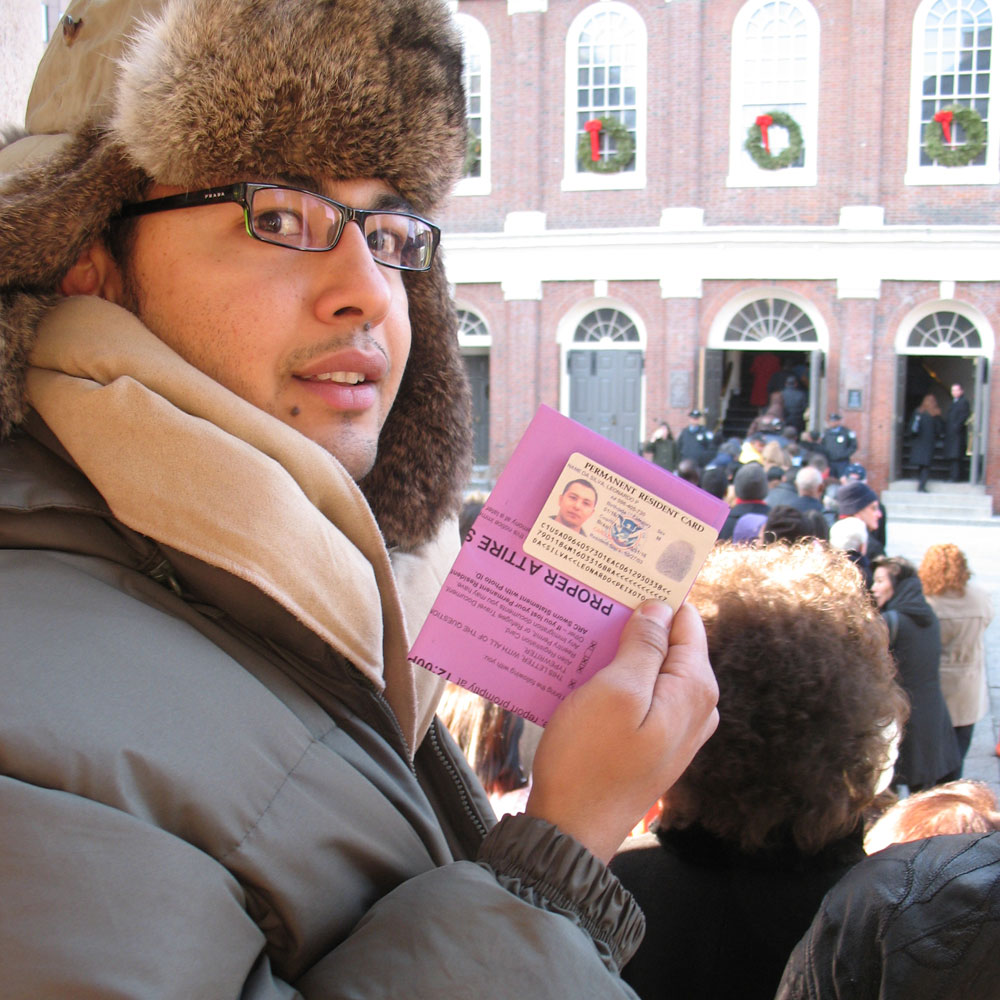
July 21, 2019; The Root and Washington Post
Perhaps we should all brush up on our civics and social studies lessons. It seems the Trump administration feels the questions on the citizenship test for naturalized citizens need revision. The test was last revised in 2008, and the US Citizenship and Immigration Services (USCIS) says it’s revising it now to “ensure it continues to serve as an accurate measure of a naturalization applicant’s civic knowledge and that it reflects best practices in adult education assessments.”
Potential citizens must correctly answer six of 10 questions about history, government, holidays, and politics. The questions are randomly drawn from a list of 100 questions that can be studied in advance. It sounds simple and reasonable. Any citizen could do this…or could they? In actuality, a 2018 survey by the Woodrow Wilson National Fellowship Foundation found that just one in three US citizens could pass the current test, the Washington Post reports.
Sign up for our free newsletters
Subscribe to NPQ's newsletters to have our top stories delivered directly to your inbox.
By signing up, you agree to our privacy policy and terms of use, and to receive messages from NPQ and our partners.
As with all things associated with this administration, this move to revise the questions has aroused suspicion. Particular attention seems to be focused on Ken Cuccinelli, the acting director of USCIS, who brings some of the most right-wing politics and views to his work. Cuccinelli has addressed this issue head-on, calling the change a necessary, “non-political” update that will not really change much at all. But according to The Hill, he remains acting director because conservatives like Mitch McConnell (R-KY) and John Cornyn (R-TX) would not vote for him for a permanent position. Senator Kamala Harris says, “Ken Cuccinelli has advocated for ending birthright citizenship, compared immigrants to rats, and suggested that immigrants seeking asylum can instead simply ‘go home.’ His views are abhorrent, and he is unfit for any position overseeing our immigration system.”
Who do we believe? The waiting list and the waiting time grow for those who are seeking to become naturalized citizens of the United States. Immigration attorneys say there is an increasingly long application processing time and a record backlog that has grown dramatically since 2016. A foreign national has to be a legal permanent resident of the US for at least five years before applying for citizenship. Last year, more than 750,000 were naturalized. That was a five-year high. Can we expect to keep that up under Cuccinelli’s leadership?
Perhaps as we ponder that question, we should recall Cuccinelli has publicly stated, “I just think we need to freshen the material. Even if all we do is go pull questions from 2000 and questions from 2008.” Perhaps we ought to consider the background of the person making that benign statement. And, as we do, we should, no matter what, take note that our naturalized citizens know more about our history and government than most of us who were born here.—Carole Levine













